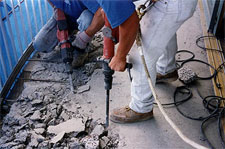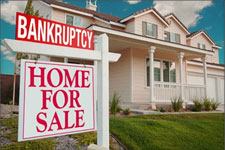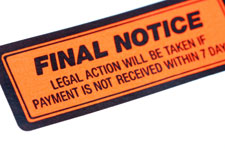 Our annual “Legislative & Case Law Update” newsletter for the year 2013 is now available in our library!
Our annual “Legislative & Case Law Update” newsletter for the year 2013 is now available in our library!
The Legislative & Case Law Update provides an overview of the new legislation and case law impacting California Homeowners Associations (“HOAs”) as we head into 2013. The new legislation includes, among other items, bills that impact Bank foreclosures, the re-organization of the Davis-Stirling Act, EV Charging Stations and fees charged by HOAs in producing certain records. The new case law includes rulings that may impact the architectural restrictions placed on the installation of solar panels, arbitration provisions for construction defect disputes, “no-cost” HOA collections contracts, election disputes and defamation claims. The Legislative & Case Law Update also addresses some new Fannie Mae and FHA regulations impacting condominium insurance and certification requirements.
Click here to read our Legislative & Case Law Update (2013)
Have questions on any of the new legislation or case law? Click here to send us a question online.
 HOA Lawyer Blog
HOA Lawyer Blog


 *New Library Article
*New Library Article

 *New Resource
*New Resource
 Several clients have recently dealt with situations requiring them to consider the feasibility of borrowing from their reserve accounts in order to satisfy various financial obligations.
Several clients have recently dealt with situations requiring them to consider the feasibility of borrowing from their reserve accounts in order to satisfy various financial obligations. The increase in assessment collection efforts by Homeowners Associations (“HOAs”) is being seen nation-wide. States like California, Nevada and Texas are currently debating new legislation aimed at making some drastic, and potentially harmful, reforms to the ways in which HOAs can pursue and collect delinquent assessments.
The increase in assessment collection efforts by Homeowners Associations (“HOAs”) is being seen nation-wide. States like California, Nevada and Texas are currently debating new legislation aimed at making some drastic, and potentially harmful, reforms to the ways in which HOAs can pursue and collect delinquent assessments. Associations are required to levy regular and special assessments sufficient to perform their obligations under their governing documents and
Associations are required to levy regular and special assessments sufficient to perform their obligations under their governing documents and